Building Effective Teacher Mentoring Communities: Lessons from the Field
Early in my mentoring career in public school, I made the mistake of approaching teacher development with a deficit mindset. I went in believing teachers needed to be "fixed." I was armed with PowerPoint presentations and rigid expectations. Not surprisingly, this approach bred resentment rather than growth! Of course, I had had no formal preparation for that role. (There are courses you can take to become a certified coach but I didn't know about that at the time.)
When I left that position four years later to take on a new role (as a teaching assistant at Harvard), I felt I just hadn't done a very good job. I thought I wasn't cut out to be a coach.
Over a decade later in 2023, I was asked by three different groups to become their teacher mentor/coach. I thought, "If I'm going to do this again, I have to use evidence to help me design an effective program." So, I partnered with other researchers/mentors, designed an evidence-based program, got IRB approval and started a year-long research study. (The Greenspring Center for Lifelong Learning partnered with us to run the first weekly program and stills offers this approach to mentoring for anyone who needs it.) The results were positive; this approach to mentoring helped.

Here are the big points about what we did in those programs that we think made the difference. You can read all about this in the little booklet I wrote called Teacher Mentoring Communities.
The Design
Each session (weekly or monthly for 60 minutes or 90 minutes) was generally structured as followed:

A Focus on Strengths and Positivity
In mentoring teachers just like in teaching students, we want everyone to use what's working (our strengths) to overcome our challenges. We did this by:
- Guiding mentees to begin and end each mentoring session with positive observations about what is working in their classrooms
- Building on existing capabilities rather than focusing on perceived deficits
- Actively working to overcome our natural negativity bias
SMART Goal Setting
Many of us are working with "improvement plans" that are meant to guide us to fix what's not working. These can be a little tricky since they tend to have a deficit-focus. Instead of walking in with our own ideas about what teachers needed to do, the mentors in this study focused on guiding the mentees to set goals that were aligned with good teaching. These evolved over the course of the year. Some were achieved, some were reworked, some were dropped. The success was not in the outcomes, but in the process. The SMART goals helped mentees with the following:
- Break down big aspirations into specific, measurable, action-based, realistic, and time-bound steps
- Make goals small and achievable rather than vague and overwhelming
- Allow progress tracking and a sense of accomplishment
- Hold them accountable for realizing their vision
- Celebrate incremental wins
Peer Learning Communities
Unlike other one-on-one coaching programs, our program took a community-based approach. We met as a group and discussed our successes and challenges together. Mentors were there more to guide the dialogue than to provide all the answers. As a result, the mentees developed a strong sense of community. They felt that they could look to each other for support, not just to the mentors. Here are some of the key guidelines to keep in mind to support a judgment-free community of practice.
- Create opportunities for teachers to learn from and support each other
- Foster honest dialogue without judgment; be open to other possibilities
- Allow space for sharing challenges and workshopping solutions together
- Recognize that we often learn better from peers than authority figures
Open-Ended Questions
Open-ended questions were the key to everything. This is how we started mentees talking and guided them to set goals that were related to the content we presented. This is also how we led them to try and provide their own answers rather than just getting them from someone else. The best resource I can recommend for open-ended questions is Evocative Coaching by Bob and Meg Tschannen-Moran. It's a gem of a book.
For example, when mentees asked questions, rather than giving direct answers, the other mentors and I would often ask questions like:
- "What do you think would have the greatest impact?"
- "What are your hopes for how you would like to handle this in the future?"
- "What is one thing you can do now to move this situation forward?"
The Power of Community
While one-on-one mentoring has its place, our work in this study focused on mentoring communities. This community of practice allowed teachers to:
- Learn from diverse perspectives and experiences
- Build confidence through peer validation
- Receive feedback in ways that feel less threatening
- Develop ongoing support networks
Looking Forward
As we work to improve education, we can remember that our role as mentors isn't to fill empty vessels but to help teachers recognize and build upon their strengths while creating supportive communities for growth. We can create communities that:
- Take an assets-based approach
- Set achievable, mentee-centered goals
- Look to peers for support
- Use open-ended questions to encourage dialogue
- Maintain a light heart about the inevitable challenges we all face
When we create spaces where teachers can authentically share, learn from each other, and focus on steady growth rather than dramatic transformation, we foster the kind of supportive professional development that leads to lasting positive change in education. And isn't this what we want for students too?
---
*This post is adapted from the book "Teacher Mentoring Communities: Lessons from Evidence-Based Practice" by Julia Volkman, published by Maitri Learning. It was written with the help of Claude.ai.
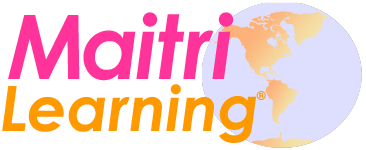

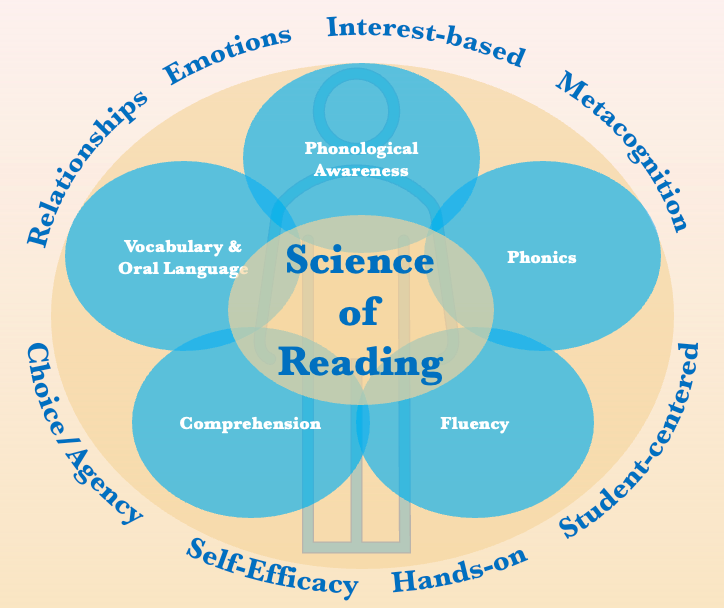

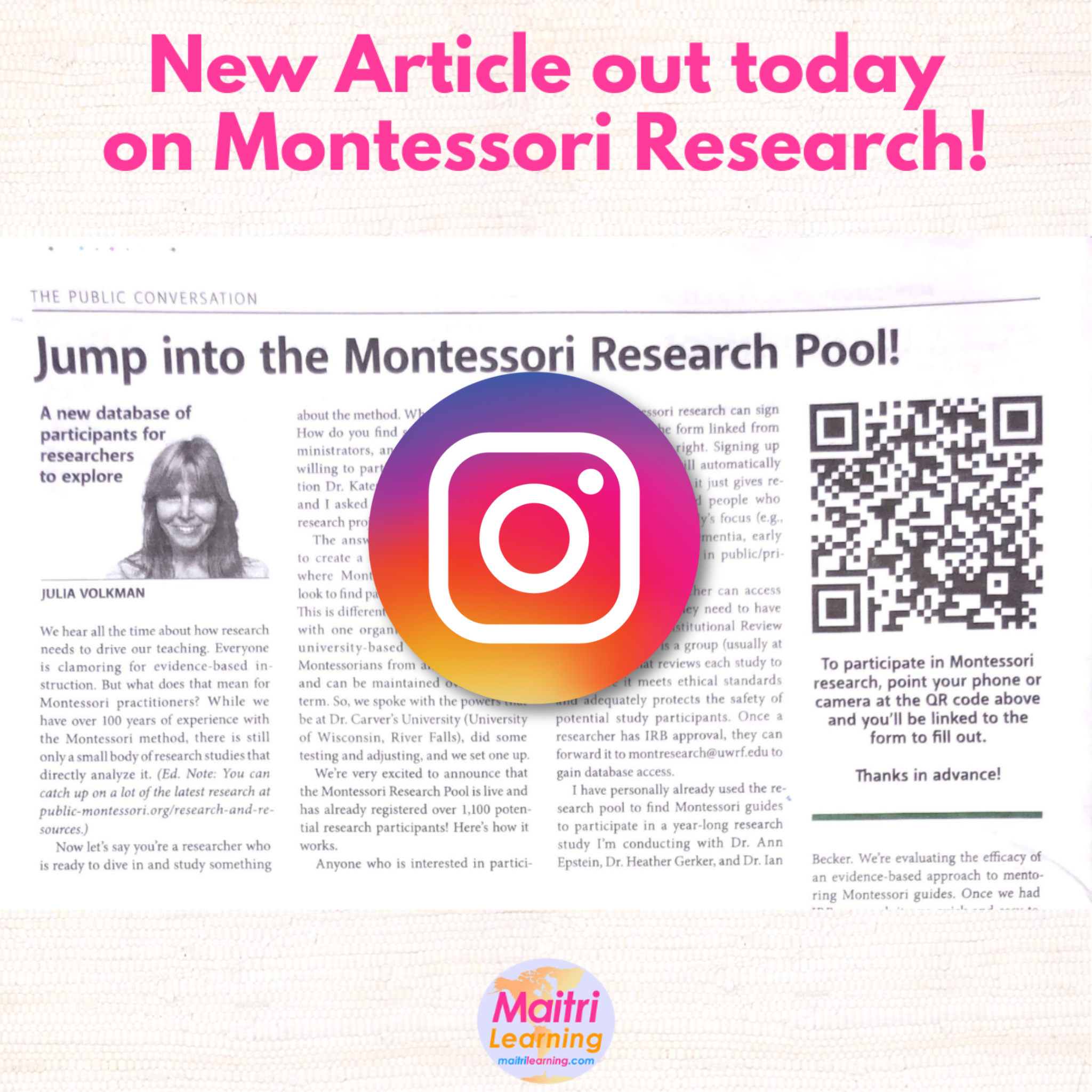

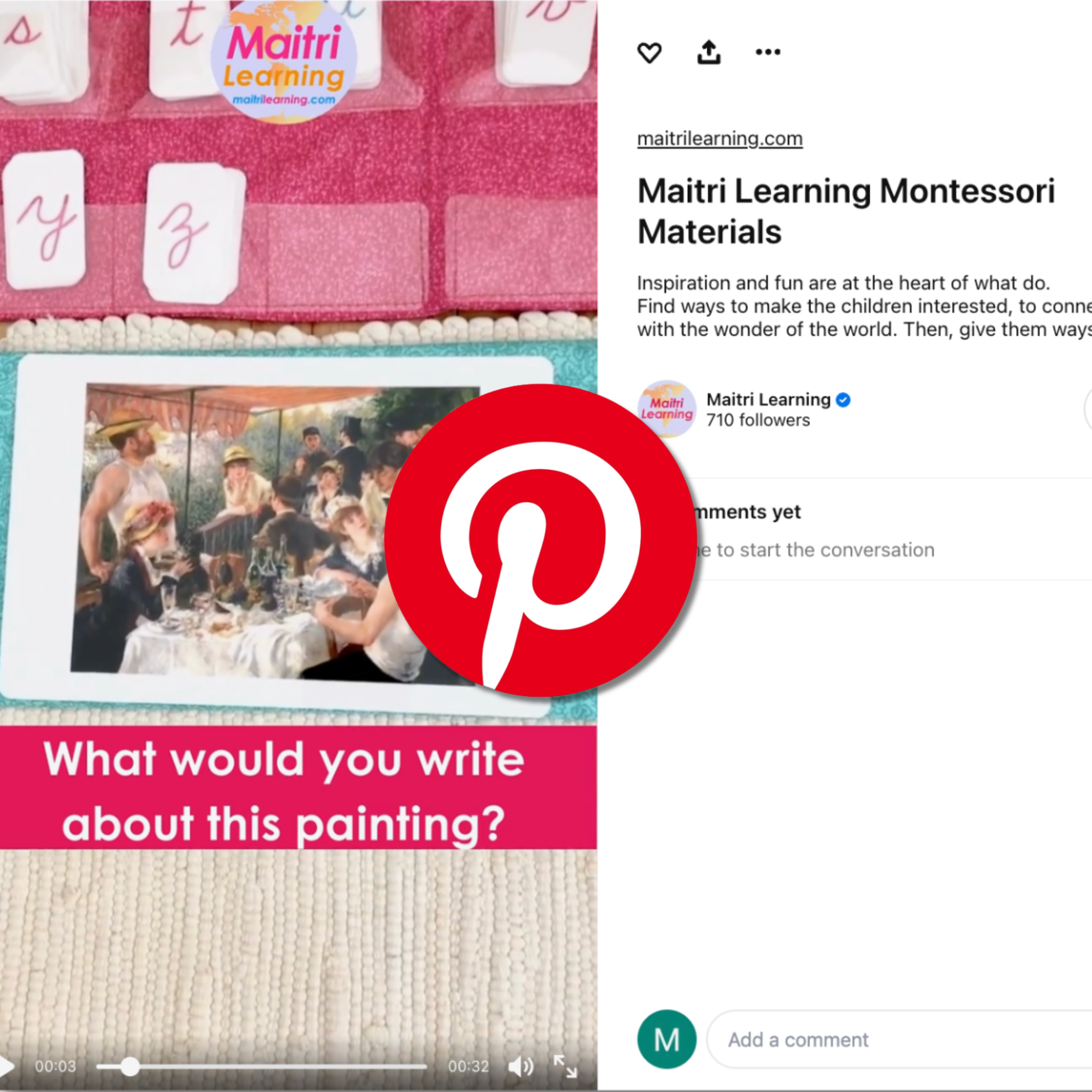
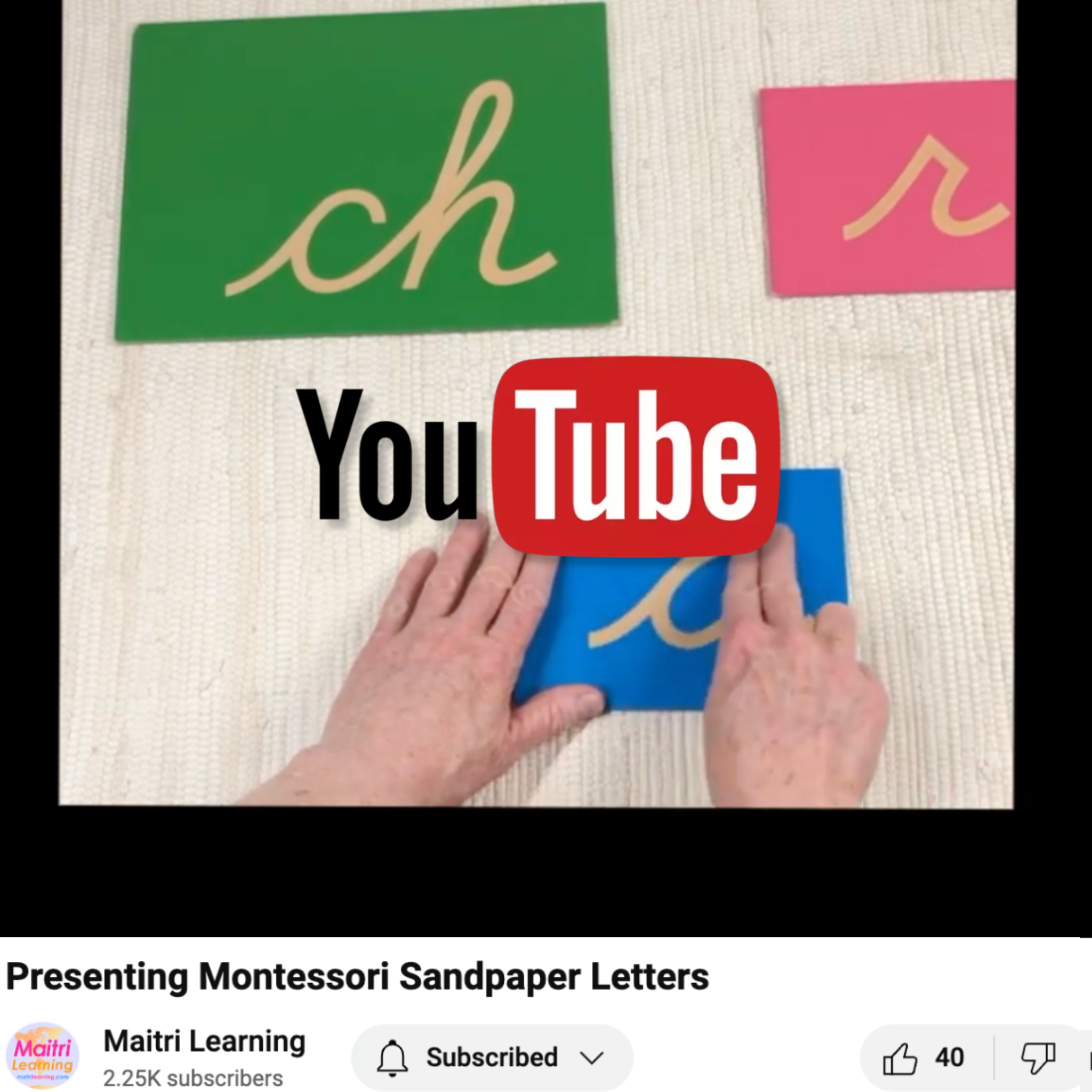
2 comments
Practicable and inspiring! Builds effective teacher development through strength-based mentoring, SMART goals, peer communities, and open-ended questions.
vikramschool
A thoughtful and inspiring read! Truly appreciate the focus on collaboration and real-world insights to strengthen teacher mentoring communities.
Sudha Acadamey
Leave a comment
This site is protected by hCaptcha and the hCaptcha Privacy Policy and Terms of Service apply.